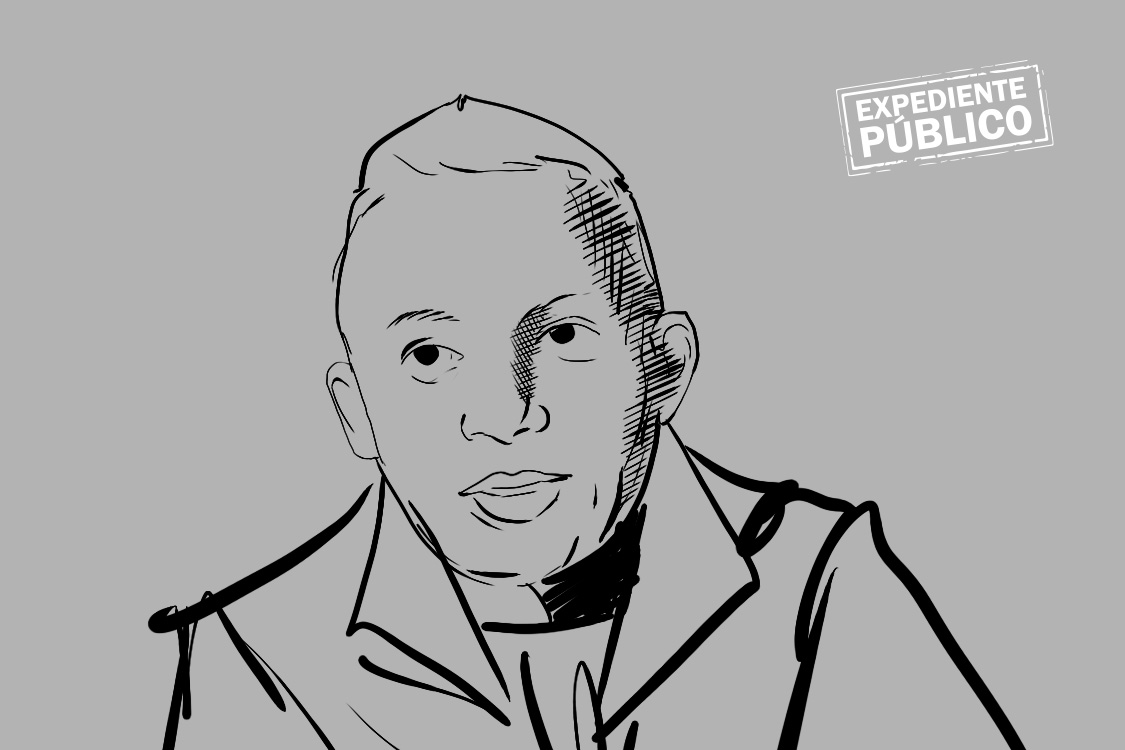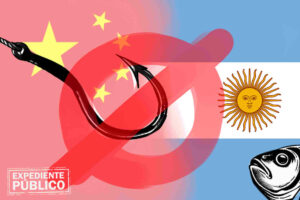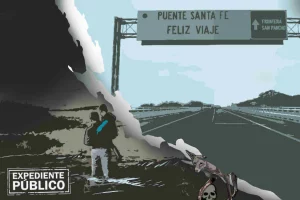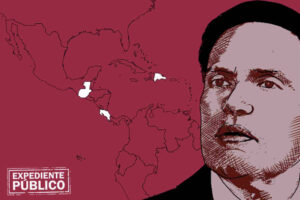*Moisés Leiva was imprisoned for participating in the protests that occurred in the city of Matagalpa in 2018. He spent six months in prison and was recaptured in 2019 because he continued to denounce the regime.
**His sister was also imprisoned for bringing him food and was sentenced to ten years of prison.
Expediente Público
In the prison of Waswalí, located 123 kilometers away from Managua, there were 17 Matagalpans imprisoned, including Moisés Leiva, a 26-year-old boy who participated in the civil rebellion of 2018 in Nicaragua. As a result, he was detained in October of that year and, later, in April 2019.
“In La Modelo prison, located in the municipality of Tipitapa of the department of Managua, I ran into Father Ramiro Tijerino, the other father (Father José Díaz), and the sacristan (Deacon Raúl Vega). Here, in Washington, D.C., I have run into others and almost 23 Matagalpans. 35 of us were recaptured by the regime. I was a prisoner twice. In 2018, I was imprisoned with Eddy Montes, a 57-year-old American who died in La Modelo Prison as the result of police repression against a riot part of the protests against the Sandinista government of Daniel Ortega in 2019,” he told Expediente Público.
Read: Detenido 39 meses por dar comida a los manifestantes
Leiva is one of the 109 former prisoners who were exiled to the United States by the regime. He does not have any family members or acquaintances in the United States. He would never have traveled outside of the country or flown if it were not for the present situation.
“It hurts the soul to leave your country, father, mother, brothers, children, and sisters, especially my sister who was imprisoned for always supporting me. She was the only one who brought me packages to prison. They completely kept her from me, imprisoned her, and sentenced her to ten years in prison. She is still in Matagalpa; she was not on the list of political prisoners. If I return to Nicaragua one day, I will return to be with her,” he said.
Read: Expresos políticos: “operación azul y blanco”
The family also suffered from a raid on their home in January 2021. Previously, in August 2019, police officers had entered the simple house of the Leiva family in the neighborhood of Sor María Romero in Matagalpa and beaten a 12-year-old boy, according to reports from Moisés before human rights organizations. Reyna Leiva is 22 years old and has two children who are five and seven years old. She was detained on March 17, 2021, on marihuana possession charges.
“I am with people who have a good heart and help us in a humanitarian sense. They give us a hand and a brotherly embrace. There are many Nicaraguans who are here; we are not alone,” the former Matagalpan prisoner affirmed.
Read: Los cinco fieles a Daniel Ortega y ahora desterrados
“In the United States, I became aware that Daniel Ortega exiled us; he kicked us out of our country. I am not sure if he did it out of fear, since 222 people is a large number to liberate. He was not going to be able to control us (if we had stayed in the country). Even his own officials are disserting him. I believe that Ortega is about a thread away from falling because God is in control. I know that Nicaragua will be free soon, and we will be able to join our brothers and families,” he said.
Leiva holds out hope that “they will achieve freedom of expression and of the press and be able to make decisions on matters of personal freedoms and human rights, which do not exist in Nicaragua. The country has crossed its arms. A government official can beat you, and there is nowhere to submit a police report.”
Leiva has an injury that is just now healing on his nose and is not the only bad memory of the Waslalí prison in Matagalpa. He also has fractures on his hands and knees.
Read: Edward Lacayo, “La loba feroz”: “Nicaragua es una gran prisión”
“I do not have family here. I have nothing. They sent me to a place where I do not have a place to call home or bed. I know where I am but not much beyond that. I do not even know where the closest supermarket or pharmacy is located,” he explained.
“Now, I feel free. I can go wherever I want. I no longer wear shackles around my wrists. No one tells me, ‘Shut up, you cannot publish that,’” he concluded.
Subscribe to Expediente Público’s newsletter and receive more information





